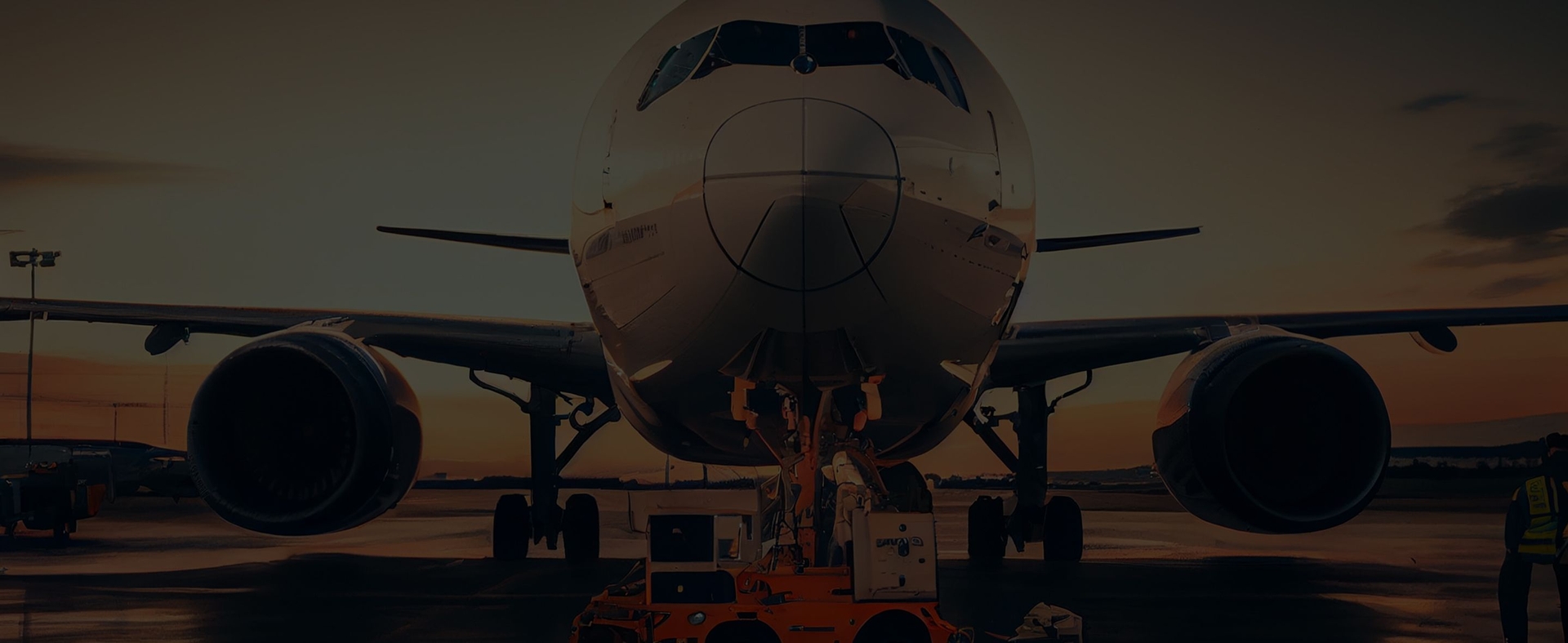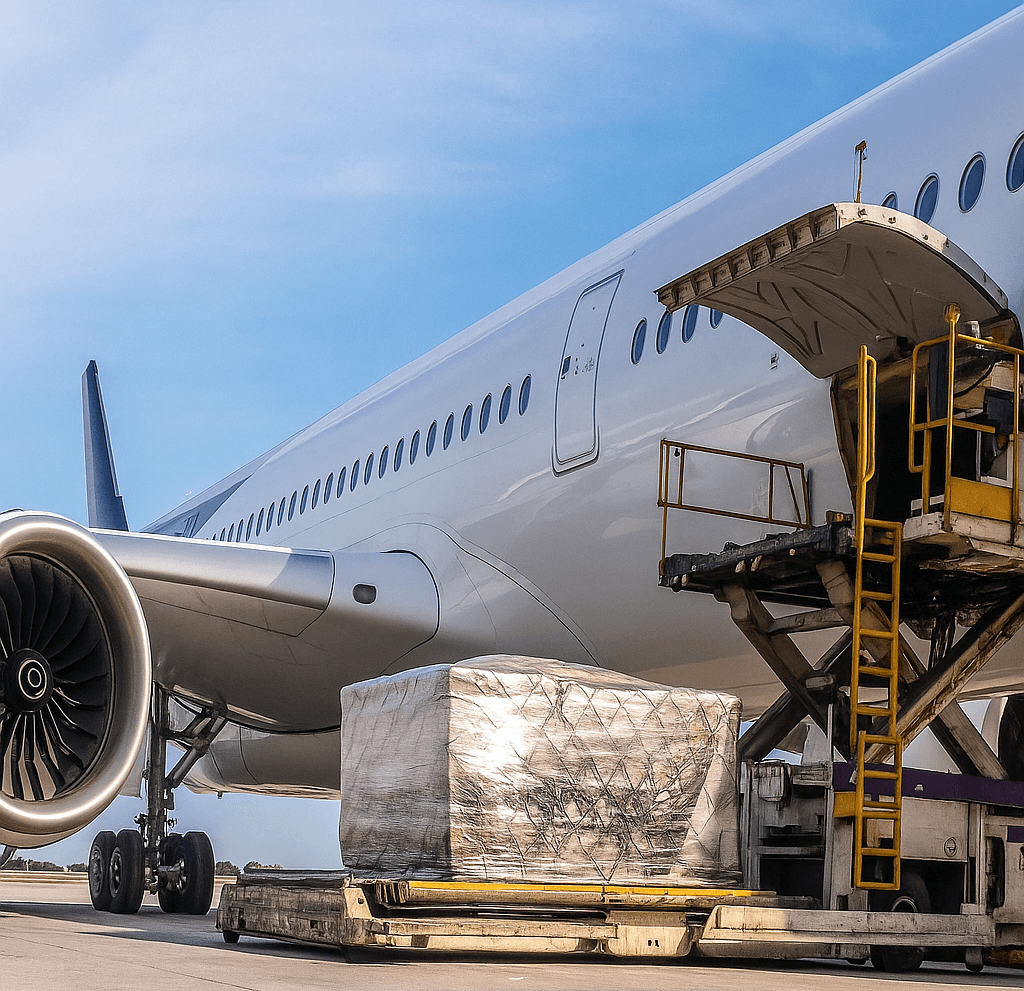
Air Freight Shipping from/to Japan
Quote, Book & Track Your Air Freight With Our Online Platform
- Compare Thousands of Quotes from Multiple Carriers
- Trusted by 10,000+ Customers
- 40,000+ Tradelanes Covered Globally



Air freight is the fastest way to move goods between Japan and global markets. With exports such as automobiles, machinery, electronics, semiconductors, pharmaceuticals, and seafood, Japan relies on efficient air cargo to support its advanced economy and international trade network. iContainers connects your business to global air freight lanes with instant online quotes, transparent pricing, and expert customs support.
Get an Air Freight Quote from/to Japan
Instant Online Rates
Get real-time quotes for air freight shipments to and from Japan in just a few clicks. Compare airlines, routes, and delivery times, then book instantly through our digital platform.
How to Book Air Freight with iContainers
- Request your online quote.
- Select your preferred route and airline.
- Upload shipment details and required documents.
- Confirm and pay securely online.
Customs Clearance and Tracking Support
We provide assistance with customs clearance in Japan and destination countries. From requirements set by Japan Customs (税関 – Zeikan) to health and agricultural inspections handled by the Ministry of Health, Labour and Welfare (MHLW) and the Ministry of Agriculture, Forestry and Fisheries (MAFF), our experts ensure compliance with national and international regulations. You also benefit from end-to-end shipment tracking for complete visibility.
Air Freight Services from/to Japan
Shipping Large Cargo and Pallets (LCL by Air)
Key Japanese exports shipped by air include:
- Automobiles and automotive parts
- Electronics and semiconductors
- Machinery and industrial equipment
- Pharmaceuticals and medical devices
- Fresh seafood (tuna, shellfish)
- Precision instruments
Air Express
For shipments to Japan that require fast delivery, our air express service provides a premium air shipping option. It is designed for urgent cargo such as electronics, automotive parts, and industrial goods. Air express reduces transit times through prioritized handling and routing. This service is commonly used for shipments via Tokyo and Osaka.
Typical Transit Times for Air Freight Japan Routes
- Tokyo (NRT) → Los Angeles: ~2–3 business days
- Tokyo (NRT) → Frankfurt: ~3–4 business days
- Tokyo (NRT) → Dubai: ~2–3 business days
- Osaka (KIX) → Shanghai: ~1–2 business days
- Tokyo (NRT) → London: ~2–3 business days
Main Airports in Japan for Air Freight
- Narita International Airport (NRT, Tokyo): Japan’s largest international cargo hub, handling electronics, machinery, and perishables.
- Kansai International Airport (KIX, Osaka): Major hub for western Japan, supporting industrial and technology exports.
- Haneda Airport (HND, Tokyo): Handles growing volumes of express and international cargo.
- Chubu Centrair International Airport (NGO, Nagoya): Serving the automotive and aerospace industries in central Japan.
Air Freight Services
Understanding Air Freight from/to Japan
What Is Air Freight?
Air freight is the transportation of goods by aircraft. It is faster and more secure than ocean freight, ideal for urgent or high-value cargo.
When to Choose Air Freight vs. Ocean Freight
- Choose air freight for time-sensitive, high-value, or perishable shipments (e.g., fresh produce, pharmaceuticals, wine).
- Choose ocean freight for bulk goods like soybeans, corn, or industrial equipment where cost efficiency is the priority.
Benefits of Air Freight for Businesses
- Speed: Access to global markets within days.
- Security: Reduced risk of theft or damage compared to other modes.
- Reliability: Predictable schedules with frequent departures.
Air Freight Costs from/to Japan
Weight, Volume, and Cargo Type Factors
Air freight charges are based on chargeable weight (actual vs. volumetric). Pharmaceuticals often require temperature-controlled logistics, while seafood requires specialized cold-chain packaging.
Seasonal Price Fluctuations
Japan’s export cycles influence costs:
- Electronics & semiconductors (year-round): Consistent demand from global manufacturers.
- Automotive parts (steady): Stable demand linked to production cycles.
- Seafood (Q4 peaks): Strong demand during holiday seasons.
- Holiday season (Oct–Dec): Higher global demand raises rates.
Customs Duties, Surcharges, and Local Fees
In addition to freight charges, shipments may include:
- Duties and consumption tax under Japan Customs.
- Sanitary and phytosanitary fees from MHLW and MAFF.
- Handling and airport security charges.
- Aviation fuel surcharges.
Documentation & Packaging Requirements
Air Waybill and Commercial Invoice
Every shipment requires:
- Air Waybill (AWB): Transport contract between shipper and airline.
- Commercial Invoice: Required for customs clearance.
- Packing List: Detailed cargo description.
- Export Declaration (via Japan Customs NACCS system): For goods leaving Japan.
- Sanitary/Phytosanitary Certificates: For seafood, food, and agricultural exports (issued by MAFF or MHLW).
Packaging Standards for Palletized Cargo
- ISPM-15 certified pallets.
- Refrigerated packaging for seafood and pharmaceuticals.
- Shrink-wrap, strapping, and clear labeling.
Prohibited and Restricted Items
Japan follows IATA Dangerous Goods Regulations (DGR) plus national rules:
- Prohibited: Explosives, narcotics, highly flammable goods.
- Restricted: Agricultural exports (require MAFF clearance), pharmaceuticals (regulated by MHLW and the Pharmaceuticals and Medical Devices Agency – PMDA), and cultural heritage goods (regulated by the Agency for Cultural Affairs).

Why Choose iContainers for Air Freight Japan?
- Instant quotes and easy booking via our digital platform
- Coverage across major international airports and key Japan air cargo hubs
- Compliance support aligned with Japan Customs, relevant controls for regulated categories (as applicable), and IATA DGR rules for restricted cargo
- Shipment tracking from origin to destination
- Dedicated support team to guide you through documentation and regulations
Frequently Asked Questions about Air Freight from/to Japan
Transit times range from 2 to 6 business days depending on the destination.
Narita (NRT) is the primary hub, with Kansai (KIX), Haneda (HND), and Chubu Centrair (NGO) supporting regional exports.
Air Waybill (AWB), Commercial Invoice, Packing List, Export Declaration, and sanitary/phytosanitary certificates when applicable.
Explosives, narcotics, flammable goods, and restricted agricultural, pharmaceutical, or cultural heritage items under IATA and Japanese law.